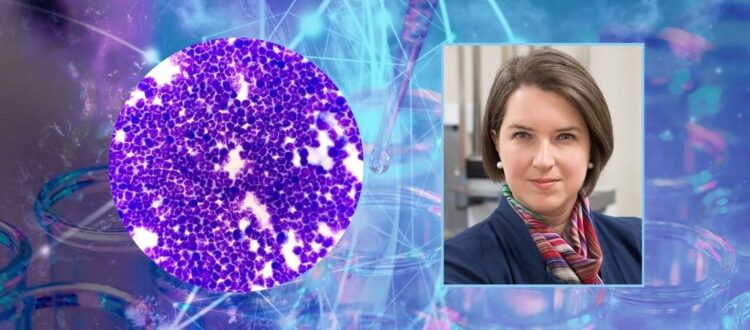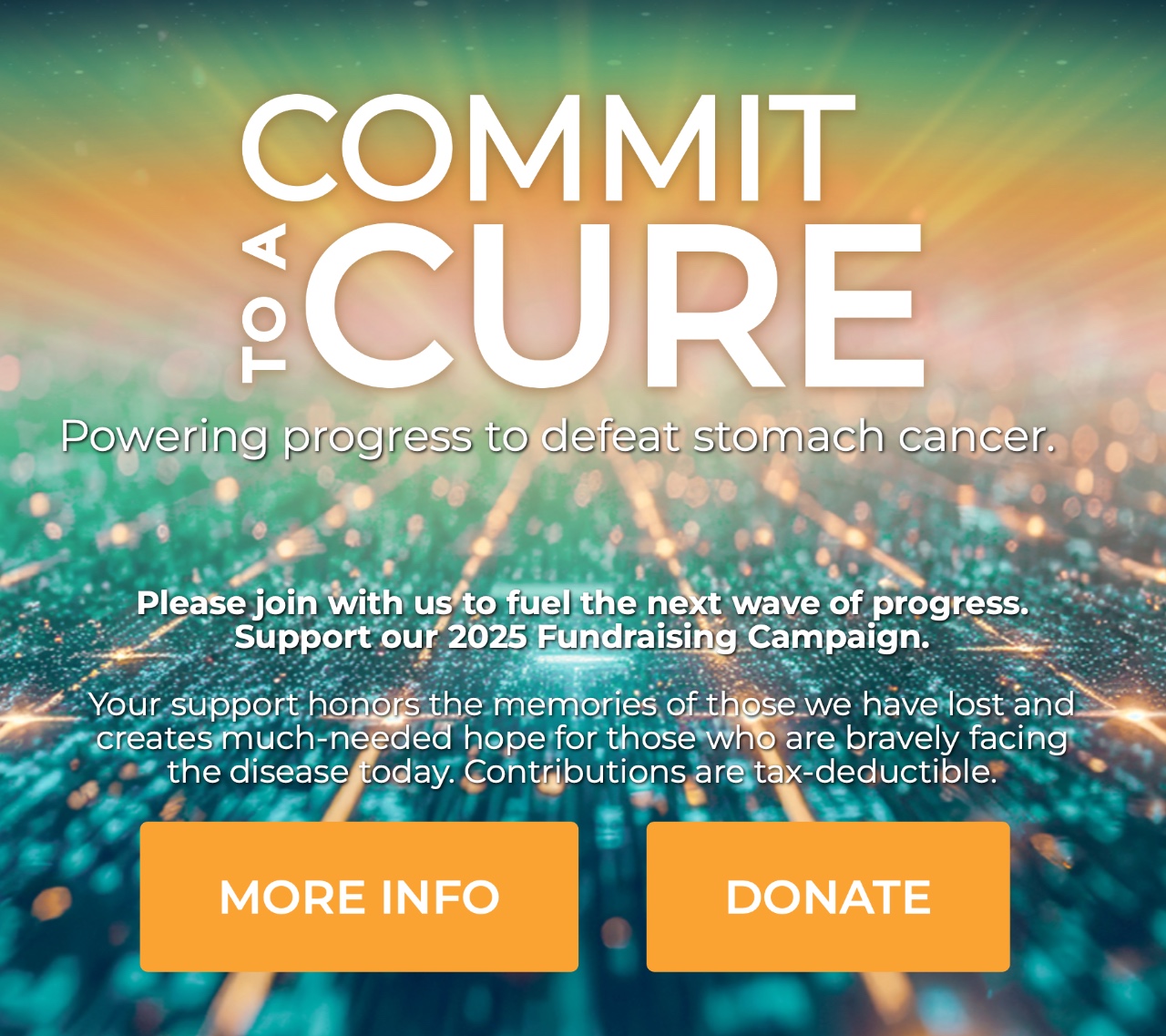Grant Recipient Investigates New Approaches to Treatment-Resistant Complication
The Gastric Cancer Foundation is dedicated to bridging a significant funding gap for researchers focused on gastric cancer, especially those in the early and mid-stages of their careers with innovative ideas. Through the provision of seed grants, we offer initial funding to support the progress in developing diagnostics and treatments for this challenging disease.
We are delighted to share that the third $100,000 seed grant the Foundation has awarded this year will go to Dr. Alexandra-Chloé Villani, an accomplished researcher known for her work in immunology and cancer biology at Massachusetts General Hospital. She joins Dr. Kishore Guda of Case Western Reserve and Dr. Ryan Moy of Columbia University in receiving this award.
Dr. Villani’s goal is to explore innovative strategies for managing treatment and improving outcomes for a subset of gastric cancer patients that suffer from abnormal fluid buildup in the peritoneal cavity, addressing a critical need in the field. This condition, known as malignant ascites, is a severe complication that occurs in gastric and gastroesophageal junction adenocarcinoma (GEA) patients and is often resistant to standard forms of immunotherapy treatment.
“Once these patients develop ascites, they have very poor outcomes,” she explains. “Immunotherapy, which involves reprogramming a patient’s immune system to properly attack the tumor, has not been working well for patients with ascites, so we need to design better treatment solutions for these cases.”
Her current research has three major investigative aims: improving overall understanding of the biology of ascites, identifying two to three therapeutic targets for future clinical testing, and testing on potential targets using patient-derived models. While currently in the stage of early investigation, her research lays the foundation for future clinical trials on treatments for this subset of gastric cancer patients.
In the first stage of this project, her team has been investigating the contents of the ascites fluid. To do this, they analyze patient samples using single-cell gene-sequencing methods. Utilizing this novel genomic technology, researchers are able to parse through individual cells and other functional molecules that are present in the fluid, with the aim of determining what is preventing immune cells from attacking cancer cells within the ascites and identifying other cellular factors that are promoting and sustaining tumor growth.
“Once we know what is in the fluid, we hope to find new therapeutic targets that would help us design new treatments, allowing the patients’ immune systems to effectively kill the tumor,” she explains.
Her team, which includes Foundation Research Scholar Dr. Samuel Klempner and Dr. Steven Blum, has already established a group of potential molecular targets in their preliminary research. To assess the effectiveness of these proposed targets, they are testing some immunotherapy medications already approved for other malignancies on cells taken from patient ascites samples. At this stage, they are observing if the potential targets are responsive to treatments in preclinical models, establishing evidence to support a future clinical trial with patients.
“We already have some targets, so we are able to get the work started immediately. But we are going to add one or two conditions based on additional discoveries in our project,” she adds.
Dr. Villani expressed gratitude for the partnership with the Foundation, commenting that the nature of her research can make it difficult to receive grants. “We are testing some bold ideas that could have a critical impact on this population of patients, but sometimes bold ideas are not easy to fund initially,” she remarked. “It’s high risk, high reward.”
She also noted that while her background is in cancer biology and immunology, she does not specialize in gastric cancer. “We are deeply appreciative for the opportunity to contribute to gastric cancer research. We are so grateful to the Foundation for believing in us,” she adds.




